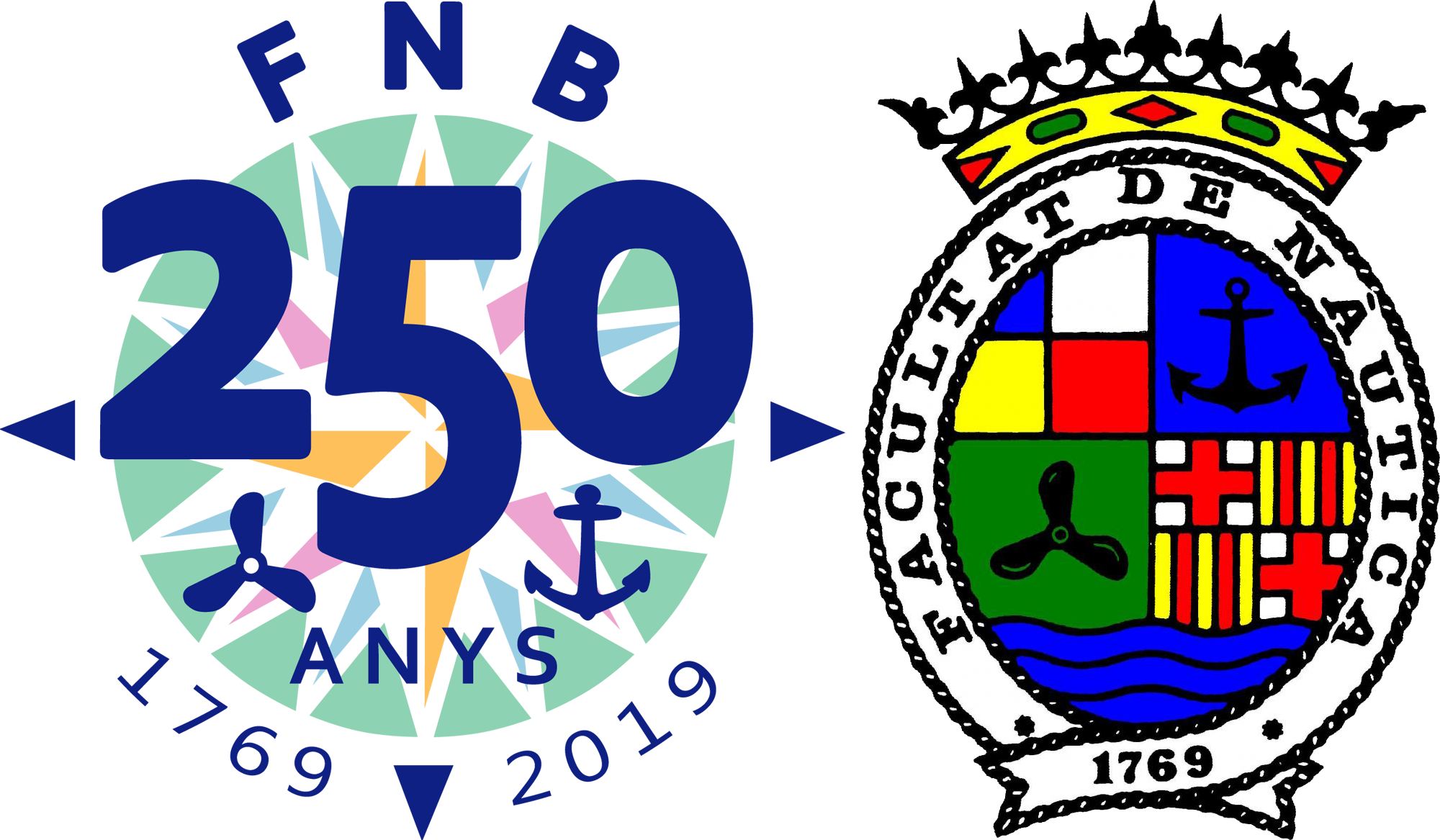The school
Barcelona School of Nautical Studies of Barcelona (FNB) is the only Faculty that provides training in the areas of naval, maritime and nautical engineering in Catalonia. Besides, it is the oldest in the sector in Spain. It was created as a Nautical School in 1769 and since 1990 is part of the Technical University of Catalonia (UPC, BarcelonaTech). Since 1932 is placed in a strategic location, in Barcelona’s city centre, under the influence of the Port of Barcelona.
A splendid 75-year-old neoclassical building houses the Barcelona School of Nautical Studies of Barcelona: a dynamic, modern research and teaching centre that has high-end facilities and a multidisciplinary team of more than 75 experts in the fields of naval and maritime engineering and the nautical sciences. The school belongs to one of the most prestigious universities in Europe, the Technical University of Catalonia (BarcelonaTech). The integration of the Barcelona School of Nautical Studies in the UPC allowed for the introduction in 1995 of the Diploma in Naval Architecture (Ship Systems and Propulsion) , which is complementary to the Diplomas in Maritime Navigation and Naval Engineering, Degrees in Nautical Studies and Maritime Transport and Naval Engineering. Since 1991, the school has also taught a doctoral course in Nautical Science and Engineering that has already produced many doctoral graduates. The Barcelona School of Nautical Studies of Barcelona also has its own facilities in addition to those available in the rest of UPC. These facilities include:
- Calculation centre
- Materials and chemistry laboratory
- Non-destructive test laboratory
- Electricity and electronics laboratory
- Mechanical technology workshop
- Engine room simulator
- Manoeuvring simulator
- Navigation simulator
- Special transport simulator
- Electronic Chart Display and Information System (ECDIS)
- FNB-CIMNE research room
- RADAR and ARPA simulators
- GMDSS radio communications simulator
- Auxiliary vessels and vessels for practical lessons
- Planetarium

 Directori UPC
Directori UPC Contacte
Contacte
 PDI i PAS
PDI i PAS Estudiants
Estudiants Escoles de secundària
Escoles de secundària Alumni
Alumni




 fnb.upc.edu
fnb.upc.edu Youtube
Youtube
